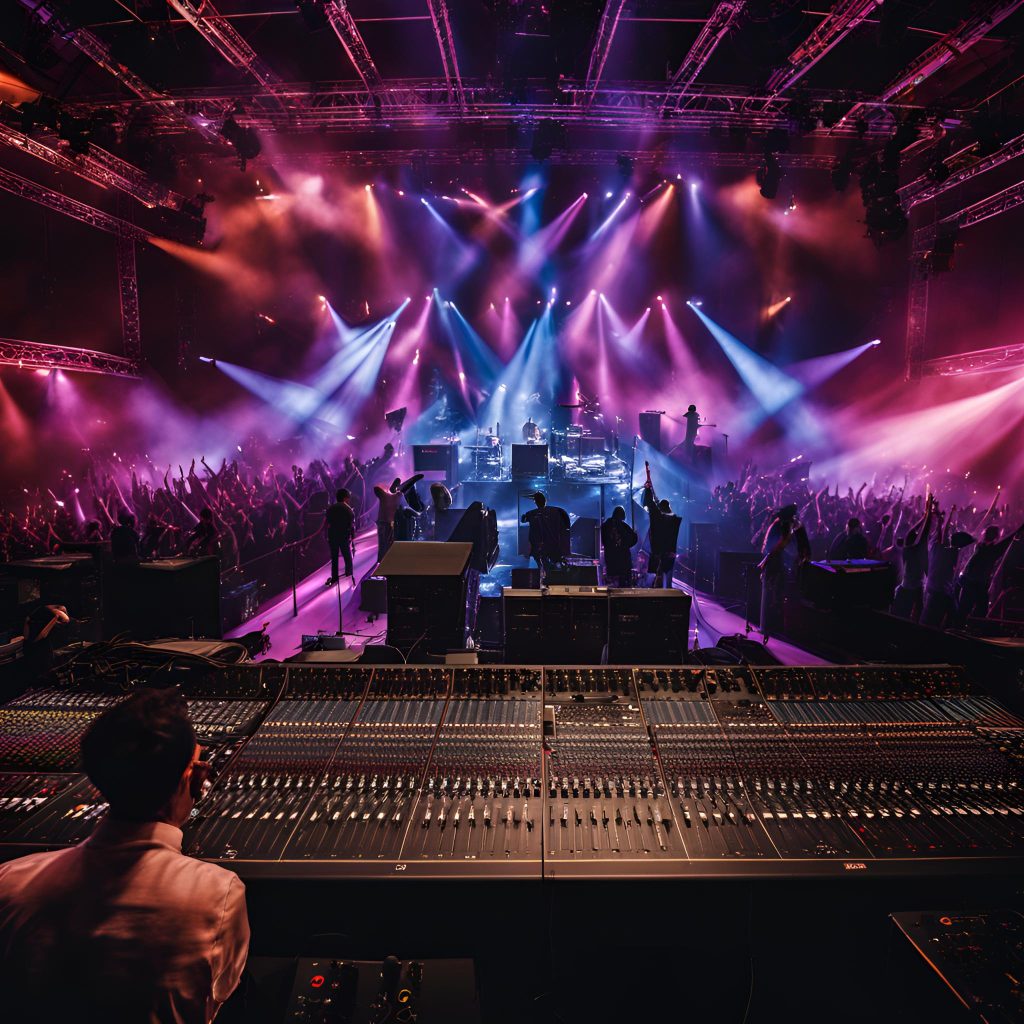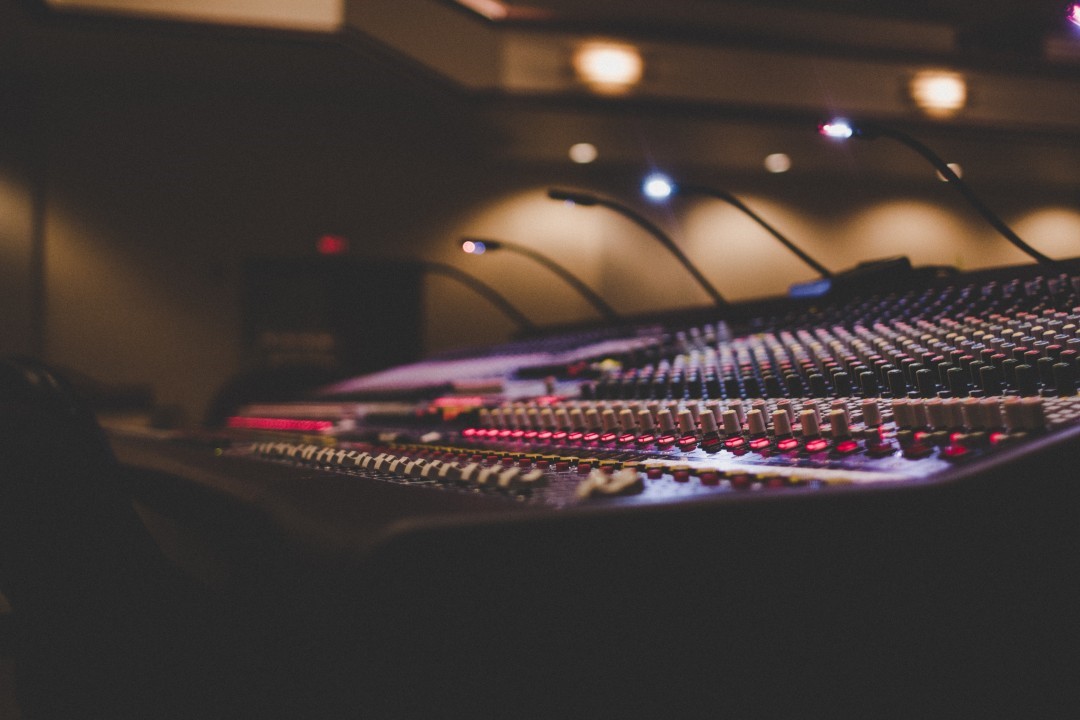Choosing Between Analog and Digital Mixers
Navigating the Sonic Landscape: Choosing Between Analog and Digital Mixers
In the realm of audio production, one crucial decision that engineers and music enthusiasts face is the choice between analog and digital mixers. Each option possesses its unique set of characteristics, influencing the overall sound quality, flexibility, and workflow of a recording or live performance. This article aims to guide individuals through the considerations involved in selecting between analog and digital mixers, shedding light on the distinct advantages each brings to the table.
The Analog Appeal:
Analog mixers, with their roots deeply embedded in the history of audio engineering, offer a warm and organic sound that many purists find appealing. Renowned for their simplicity, analog mixers provide a hands-on, tactile experience, allowing users to physically manipulate knobs and faders to sculpt their desired sound. The straightforward signal path of analog mixers often contributes to a more straightforward operation, making them an excellent choice for those who appreciate the artistry of traditional audio production.
Pros of Analog Mixers:
Warmth and Character: Analog mixers are cherished for their ability to impart a distinct warmth and character to the audio signal, creating a nostalgic sonic experience.
Simplicity: The intuitive layout of analog mixers makes them user-friendly, especially for beginners, as they typically involve fewer menus and settings.
Real-Time Control: The tactile nature of analog controls allows for real-time adjustments, providing a direct and immediate connection between the user and the sound.
The Digital Frontier:
In contrast, digital mixers have surged in popularity in recent years, driven by advancements in technology. These mixers offer an unparalleled level of versatility, functionality, and precision. Digital consoles allow users to store and recall presets effortlessly, facilitating quick setup changes and enabling a seamless transition between different projects or performances. The ability to manipulate the audio signal in the digital domain opens the door to a wide range of effects, processing options, and signal routing possibilities.
Pros of Digital Mixers:
Versatility: Digital mixers provide an extensive array of built-in effects, equalization options, and signal processing capabilities, offering unparalleled flexibility.
Recall and Storage: The ability to save and recall settings allows for quick and efficient setup changes, making digital mixers ideal for live performances with multiple acts.
Integration with Digital Audio Workstations (DAWs): Digital mixers seamlessly integrate with DAWs, facilitating a streamlined workflow for recording and post-production tasks.
Choosing the Right Fit:
Ultimately, the choice between analog and digital mixers hinges on individual preferences, budget considerations, and the specific needs of the project at hand. While analog mixers appeal to those seeking a vintage sound and a tactile experience, digital mixers cater to those who prioritize flexibility, precision, and modern conveniences.

In conclusion, the decision between analog and digital mixers is not a matter of one being superior to the other; rather, it is about finding the tool that aligns with the unique requirements and artistic vision of the user. Whether it’s the classic charm of analog or the cutting-edge capabilities of digital, both options contribute significantly to the rich tapestry of the audio production landscape.
Find out more: Cshgroup.asia


